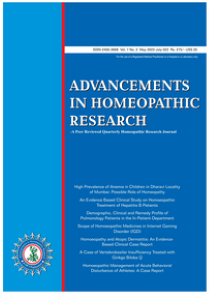Plagiarism- A Scientific Misconduct
DOI:
https://doi.org/10.48165/ahr.2022.7.4.3Keywords:
Ethics, Literary theft, Plagiarism, Plagiarism detection tools, Publication agencies, PunishmentAbstract
Plagiarism is referred to as literary copying or stealing work or idea without acknowledgment of an original author that ultimately hampers the quality of an article. Plagiarism is rampant in current times as writers donot have knowledge about this unethical malpractice. Also, with easily available information on any topic through internet, writers indulge in the wrong trend of copying to prepare their articles with greed to gain name, fame and also increase the number of their publications for promotions and salary hike. The writers indulging in plagiarism are considered incompetent and these dishonest perpetrators have to face punishments and they even lose their reputation.
This review article deals with historical background, causes, types of plagiarism; role of publication agencies, plagiarism detection tools and strategies to avoid it. The need of the hour is to create awareness as to what constitutes plagiarism by conducting seminars, workshops on guidelines that need to be followed by the authors while writing articles. Maximum responsibility lies with the authors to follow the moral, honest policies and not to indulge in fraudulent behavior.




